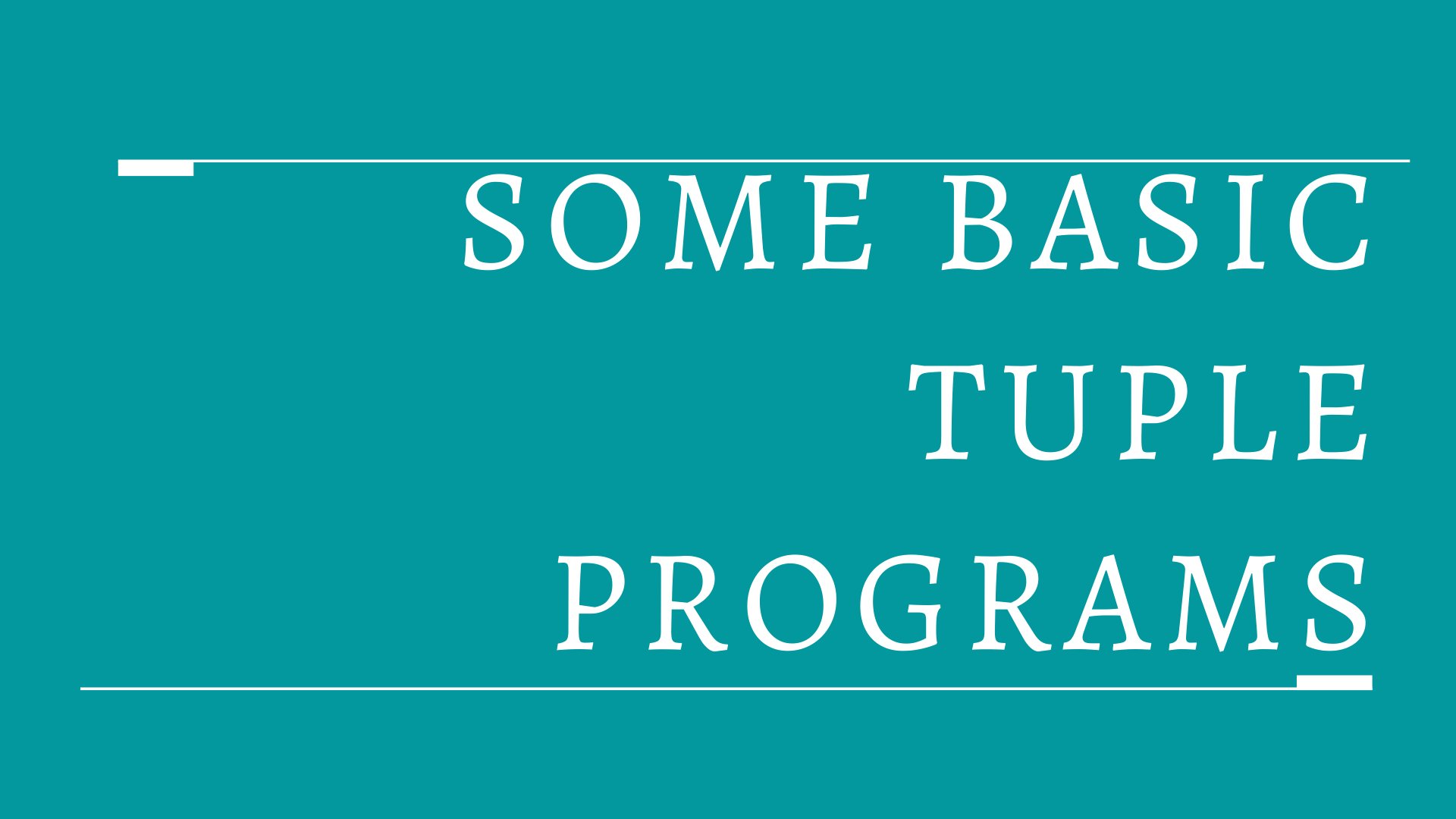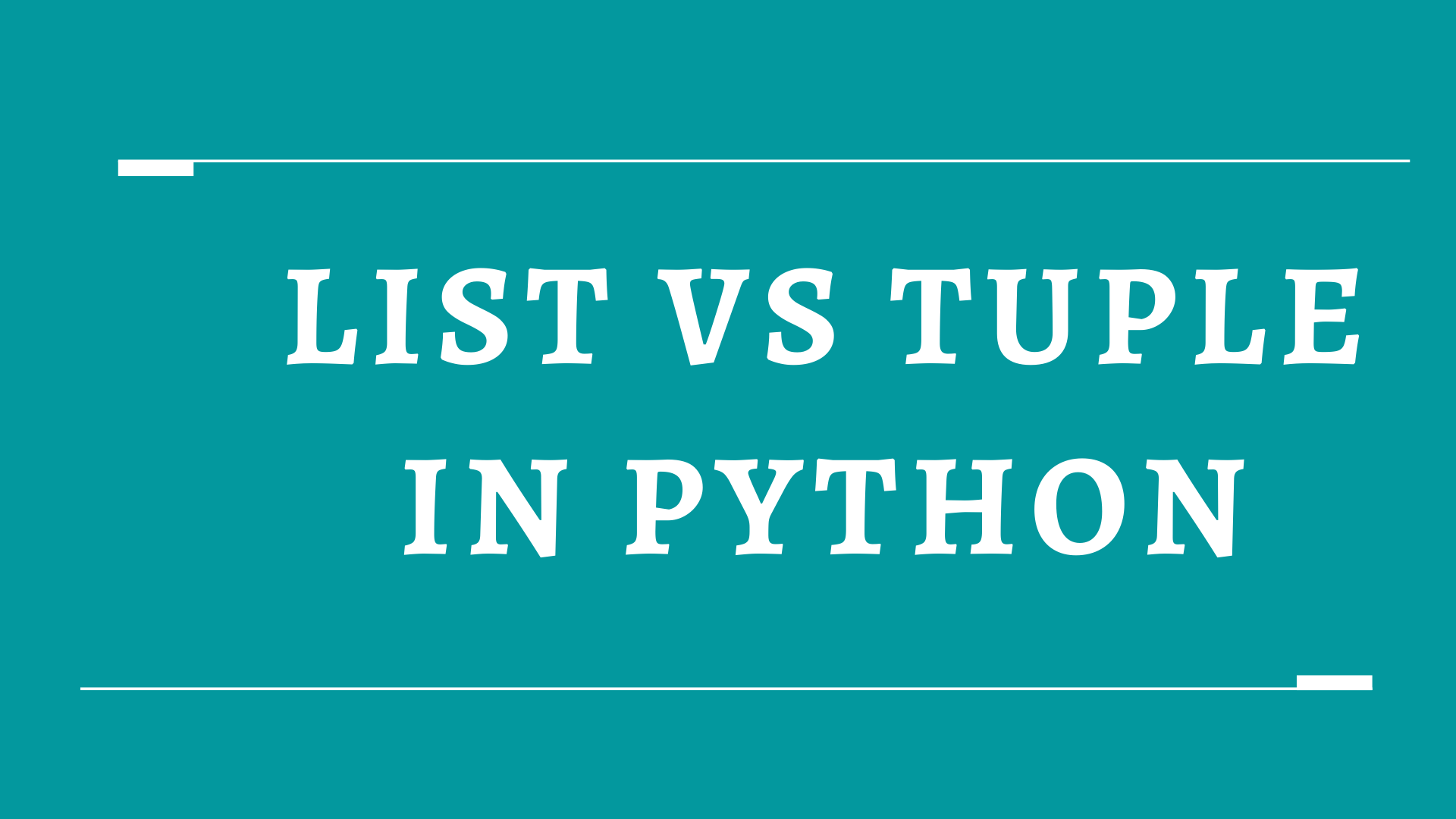Why Do Lists Compare As Greater Than Numbers, And Tuples Greater Than Lists?
In this post, we will learn Why do Lists compare as greater than numbers, and tuples greater than lists and where to make comparisons between two or more different types of data types in python it is governed by a set of rules that we need to follow those rules to compare them and here … Read more



